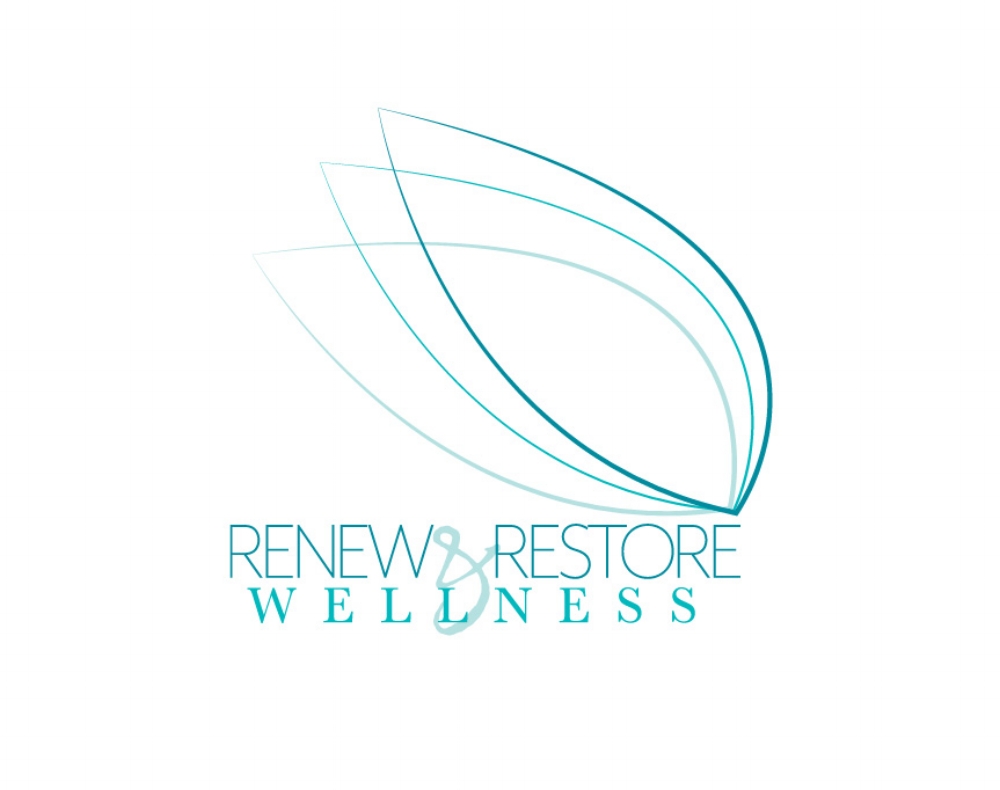Importance of Self-Care During Postpartum
/By Martha Franek-Montanez M.A. LPC, NCC
Today’s blog post is going to be a little different because it’s actually from a special guest, Martha Franek-Montanez! I asked Martha if she would provide us some helpful tips for working through postpartum because not only is she a mom, but she’s a licensed professional counselor specializing in infertility, pregnancy, birth trauma and postpartum challenges. I hope you find this helpful and please don’t hesitate to reach out to Martha if you have further questions about anything discussed in this article. - Dr. Nikki
Did you just have your baby? Maybe self-care is the farthest thing from your mind or it’s something you think about often. Self-care is important for anyone to incorporate in their daily lives, whether it is 5 minutes of reading, 30 minutes of exercise or whatever you need it to be. There are no rules for self-care just that it does not cause harm. Self-care is always important, but it is VERY important during the postpartum period. Your body just grew and nurtured a little human for 9 months (miracles of life!) and is now trying to keep up with the demands of caring for a newborn. Having a new baby (no matter how you became a mother), is exhausting mentally and physically. It is a wonderful time as well but the wonderful moments don’t replace the exhaustion you may feel. According to Harvard Health Publishing the period from birth to 12 weeks is called the 4th trimester.
Have you heard of it?
We often hear about the first three trimesters, but the 4th is just as important and often overlooked. During the first three trimesters pregnant women tend to have a lot of self-care as they go to regular doctors’ appointments, focus on what they eat, rest and in general, society seems to encourage focusing on caring for the mom to be. However, often when women enter the 4th trimester, all the attention is directed towards the baby. It is a period of adjustment for your newborn as they are getting used to the world and life outside however it is also a major period of adjustment for you. It is a time you are healing from your birth, your body is regenerating, your hormones are balancing plus you are dealing with all these external demands of the world. I explain all this because I want to highlight just how important it is to take care of yourself. The way you take care of yourself during the 4th trimester can make an impact on your overall wellbeing in the long run.
So, how can we incorporate self-care into our VERY busy postpartum period?
A great way to ensure you will make time for self-care is to plan ahead. If you can plan ahead while pregnant great, if you already had your baby and want to start planning now that is also fantastic. You can create a postpartum plan that consists of having a flexible sleep schedule, plans for meals (and who can cook them), support to help with your newborn, household duties and more. What else do you need to help feel your best self? Some individuals benefit from going to counseling and having that time to process everything that is going on, some attend yoga classes (after getting the ok from your medical provider), and some enjoy the amazing benefits of going to see a chiropractor. Self-care does not have to entail leaving your home, it can be as simple as scheduling a daily moment to sit outside for 5 minutes and drink a cup of your favorite tea or take 10 minutes to meditate or _______ (you fill in the blank). As I wrote earlier, there are no wrong options or a set amount of time!
As a Licensed Professional Counselor specializing in perinatal population, I often encourage everyone to think about self-care. Pregnancy and postpartum can come with many challenges and our society has just recently started to focus on them. Many influential people have shared their stories publicly to normalize that mother/parenthood can be challenging and that is ok! Self-care can help reduce some of those challenges and make them easier to manage. At times self-care alone may not help and it is good to reach out to your medical provider, a licensed therapist or even just a friend/family member to let them know you are struggling, and you need help. You do not have to this alone. Postpartum International Association provides a great resource on symptoms to look out for and how to seek further support.
Last, but definitely not least, throughout this post I have referred mostly to women and mothers, but this information absolutely applies to partners and all primary caregivers. Mothers need time for self-care, but so do partners as they are adjusting to their new “normal”. Providing the opportunity of self-care time for both, can make a significant positive impact on your parenthood journey.
Martha Franek-Montanez M.A. LPC, NCC
Owner of Support Space Therapy & Wellness




